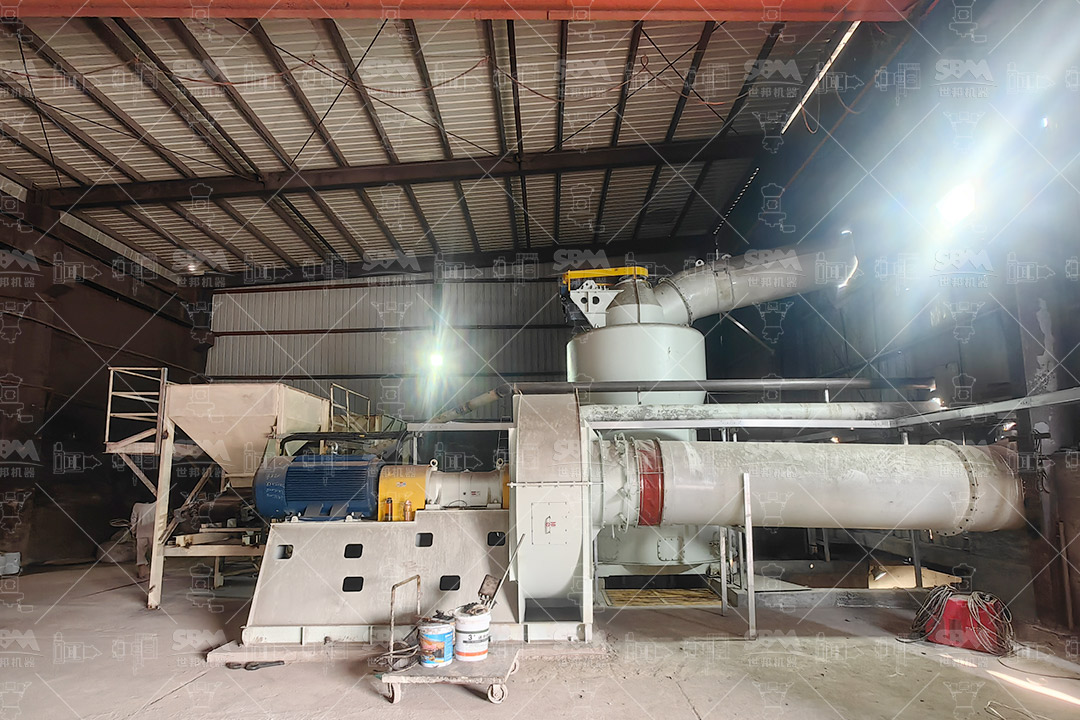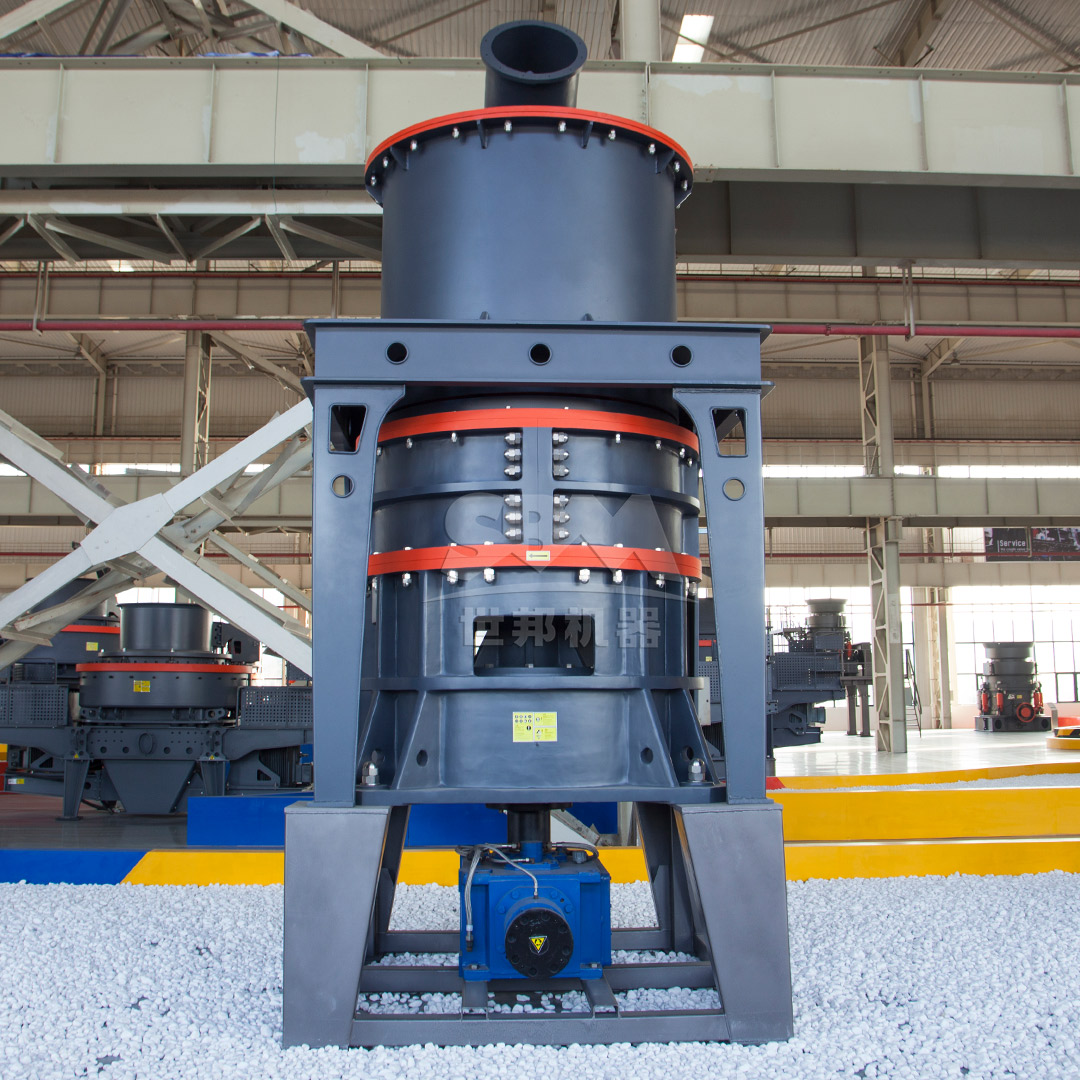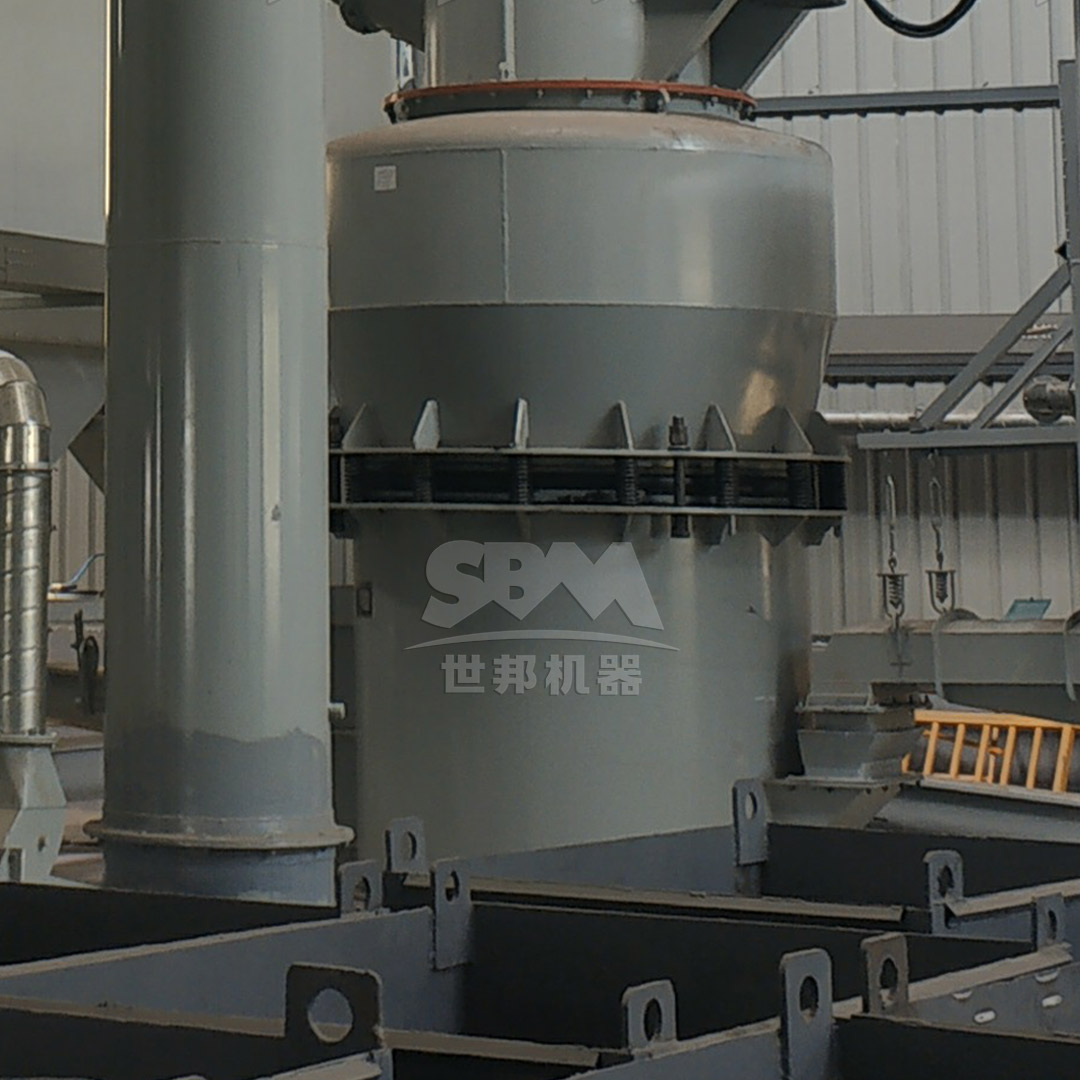The gypsum board manufacturing industry demands precision, efficiency, and sustainability in every stage of production. Central to this process is the comminution of gypsum rock into fine powder, which forms the core material of gypsum boards. Traditional grinding methods often fall short in terms of energy consumption, particle size distribution, and operational costs. This article explores how advanced hammer mill technologies, particularly our company’s innovative solutions, can revolutionize gypsum processing, enhancing overall construction efficiency.
Gypsum board production requires finely ground gypsum powder with specific particle size distributions to ensure optimal board strength, setting time, and surface quality. Inefficient grinding can lead to increased energy costs, inconsistent product quality, and higher maintenance expenses. Hammer mills, with their high-impact grinding mechanism, offer a robust solution for achieving the desired fineness while maintaining operational efficiency.
Traditional grinding systems, such as ball mills or Raymond mills, often suffer from high energy consumption, limited adjustability in particle size, and significant wear and tear. These issues can disrupt production schedules and increase the total cost of ownership. Moreover, environmental regulations necessitate low-dust and low-noise operations, which older systems struggle to meet.

Modern hammer mills are engineered to address these challenges through innovative design features. Key advancements include high-efficiency rotors, durable wear parts, and integrated classification systems. These improvements ensure consistent output, reduced energy usage, and minimal downtime.
For gypsum board production, we highly recommend our SCM Series Ultrafine Mill. This machine is specifically designed to handle the delicate requirements of gypsum grinding, offering unparalleled fineness control and energy efficiency.

| Parameter | Value |
|---|---|
| Input Size | ≤20mm |
| Output Fineness | 325-2500 mesh (D97≤5μm) |
| Processing Capacity | 0.5-25 ton/h (model-dependent) |
| Model | Processing Capacity (ton/h) | Main Motor Power (kW) |
|---|---|---|
| SCM800 | 0.5-4.5 | 75 |
| SCM900 | 0.8-6.5 | 90 |
| SCM1000 | 1.0-8.5 | 132 |
| SCM1250 | 2.5-14 | 185 |
| SCM1680 | 5.0-25 | 315 |
For larger-scale operations or when handling coarser gypsum feed, our MTW Series Trapezium Mill is an excellent alternative. It combines high capacity with robust performance, making it ideal for integrated gypsum board plants.
| Parameter | Value |
|---|---|
| Input Size | ≤50mm |
| Output Fineness | 30-325 mesh (up to 0.038mm) |
| Processing Capacity | 3-45 ton/h (model-dependent) |

Integrating advanced hammer mills like the SCM or MTW series into gypsum board production lines can yield significant benefits. These include reduced energy consumption, consistent particle size distribution, and lower operational costs. Additionally, their environmental features help plants comply with stringent regulations.
A mid-sized gypsum board manufacturer replaced their traditional ball mill with our SCM1000 Ultrafine Mill. Results included a 35% reduction in energy usage, a 20% increase in production throughput, and improved product consistency. The automated control system also reduced manual intervention, enhancing overall safety.
Optimizing gypsum grinding is crucial for efficient and sustainable gypsum board production. Advanced hammer mill solutions, such as our SCM Ultrafine Mill and MTW Trapezium Mill, offer the precision, efficiency, and reliability needed to meet modern industry demands. By investing in these technologies, manufacturers can achieve significant cost savings, improve product quality, and contribute to environmental sustainability.